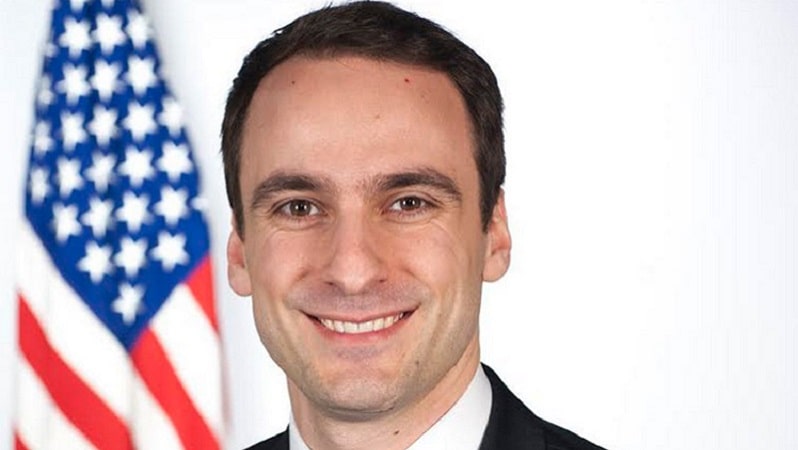
U.S. Chief Technology Officer Michael Kratsios shared his thoughts on the White House’s recently released AI regulatory principles during a discussion at CES on Jan. 8.
“If we’re too heavy-handed with artificial intelligence, we end up stifling entire industries, and we want to make sure to foster the generation in the United States,” Kratsios said.
The principles released Jan. 7, laid out 10 principles that should be used to “govern the development and use of artificial intelligence (AI) technologies in the private sector.” The memo, issued by the White House Office of Science and Technology Policy, urged Federal regulators to “limit regulatory overreach” of the technology and its applications by the private sector.
During the discussion, Kratsios called the memo “a very, very big step for both the U.S. and the world.” He then dove into a deeper discussion regarding the specific principles, which include promoting public trust and participation; managing risks and weighing costs and benefits; promoting flexibility and agility; ensuring fairness and non-discrimination, prioritizing disclosure, transparency, and security; and mandating interagency coordination.
In regards to flexibility, Kratsios stressed that any Federal regulations need to take into consideration the rapid pace of technological advancements. Meaning, that the regulations should not be so rigid as to stifle innovation down the road. “If we start putting in regulations today that aren’t applicable years from now, we’re going to be stifling innovation in the end,” he said.
One of the largest concerns surrounding AI is the risk of discrimination and algorithmic biases. Kratsios acknowledged this concern and said it is “critical” that whatever AI framework is established by the Federal government is fair to all those impacted by AI.
“We want to make sure that we have a regulatory system in the U.S. that encourages innovation in artificial intelligence, that doesn’t stifle it, but encourages it in a way that still respects the very important civil liberties and other concerns Americans hold dear,” he said.
This idea of ensuring fairness tied into the White House’s call for public engagement and the importance of strengthening public trust.
“Public interaction, public engagement is key,” Kratsios said. “We don’t have all of the answers in Washington, never have, and we can’t begin to just start blindly putting out new rules on AI without engagement.”
